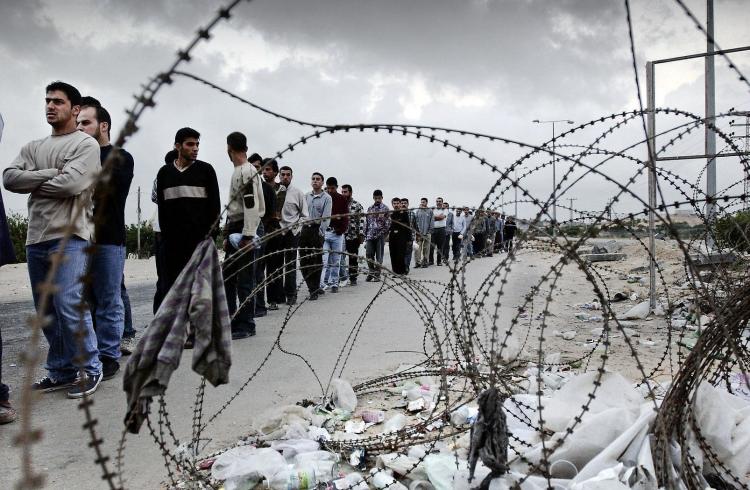Yaser Al-Banna
I was struck by perplexity as I attempted to identify the causes of "the lack of motivation" of a significant portion of the university students I have taught over the past period.
In light of the high unemployment rates in the Gaza Strip, university students are expected to intensify their efforts, arming themselves with substantial skills that would enable them to compete for limited job opportunities. However, in fact, university graduates are found to be vulnerable professionally.
As I have discussed this issue with a number of university lecturers, I have found that it is a general dilemma and does not relate to a specific university or major. Furthermore, I have derived from students' own conversations that the absence of hope is an accurate diagnosis.
A significant portion of university students in the Gaza Strip experience despair and frustration as a result of the high rates of poverty and unemployment, reaching 74%. So, rather than exerting concerted efforts to improve a certain skill that qualifies them to have a job, many of them have no passion for learning and development. They believe that once they graduate, they will be ranked as unemployed, whether they are of high skills or not.
In spite of this, there are some outstanding exceptions. We see some female and male students pursue excellence, knowledge and skills that would enable them to compete. Indeed, the majority of them eventually manage to obtain decent job opportunities.
This leads us to another issue, which is confusion. High-School students often feel confused towards what major to choose. In addition to unemployment, this might return to the warnings posed by professional syndicates against the study of some university majors.
According to syndicates of dentistry, engineering, nursing, pharmacy and others, the saturation of markets makes it hard for new graduates to receive job opportunities. Also, the Palestinian Central Bureau of Statistics (PCBS) reported in 2022 that there is significant upsurge in the unemployment rates amongst university graduates, reaching 48%. This is composed of 28% in the West Bank and 74% in the Gaza Strip.
Is Migration the Solution?
Some people might see that the right solution is to encourage graduates to migrate and search for job opportunities abroad. Yet, in fact, this is already occurring as numerous graduates are migrating or seeking migration.
But, do you think that this solution is the best?
Initially, migration is necessary, as Gaza seems like a desert. And it is familiar that once the number of a desert's citizens increases and the assets required for a decent life grows, citizens resort to carry their luggage and flee to other areas. Otherwise, starvation would devastate everyone.
Similarly, Gaza lacks assets and the number of its citizens significantly upsurges. Therefore, many find themselves obliged to migrate in pursuit of a better life.
This issue is not novel for Gaza. Fathers and grandfathers, following the 1948 Nakba, travelled abroad seeking job opportunities. Some of them yet managed to return and some other preferred to stay abroad.
However, the problem has now been more intricate, as the professional level of the majority of those aspiring to migrate might not be distinguishing or in demand for employment. This thus makes them like "someone seeking migration from the scorching sun in the fire," and it does not solve any issue for them or their families, as they are forced to work in simple jobs without rights and without substantial financial returns.
However, the problem has now become more intricate, as the professional level of the majority of those aspiring to migrate might not be distinctive or in demand for employment. This makes them like "someone seeking refuge from the scorching sun in the fire," and it doesn't solve any issue for them or their families, as they are forced to work in simple jobs without rights and without substantial financial returns.
In my point of view, the solution lies in two points:
First: To adopt a strategy of developing education in the Gaza Strip in order to have well-trained graduates with distinctive skills demanded by the regional and international labor market. Unquestionably, this strategy needs so much time, effort and massive funding, as developing education is not an easy job. However, it is not impossible.
Second: To trigger the friends of the Palestinian people to provide these graduates with real job opportunities in partnership with governments and institutes. This can be accomplished whether by bringing them to certain countries or through remote work from within Palestine.
In the end, it can be said that unemployment is a serious issue in the Gaza Strip, posing threat to the future of Palestinians. Thus, feasible and actionable solutions shall be sought.





